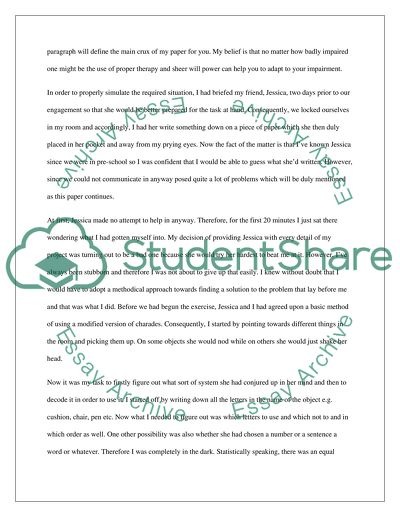Cite this document
(“Finding a Solution to a Problem without Having Certain Cognitive Brain Essay”, n.d.)
Finding a Solution to a Problem without Having Certain Cognitive Brain Essay. Retrieved from https://studentshare.org/psychology/1531373-psychology-college-essay
Finding a Solution to a Problem without Having Certain Cognitive Brain Essay. Retrieved from https://studentshare.org/psychology/1531373-psychology-college-essay
(Finding a Solution to a Problem Without Having Certain Cognitive Brain Essay)
Finding a Solution to a Problem Without Having Certain Cognitive Brain Essay. https://studentshare.org/psychology/1531373-psychology-college-essay.
Finding a Solution to a Problem Without Having Certain Cognitive Brain Essay. https://studentshare.org/psychology/1531373-psychology-college-essay.
“Finding a Solution to a Problem Without Having Certain Cognitive Brain Essay”, n.d. https://studentshare.org/psychology/1531373-psychology-college-essay.


